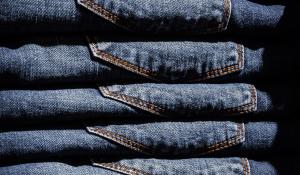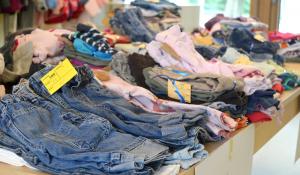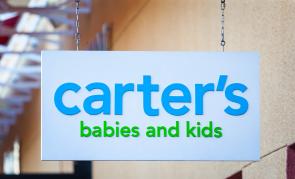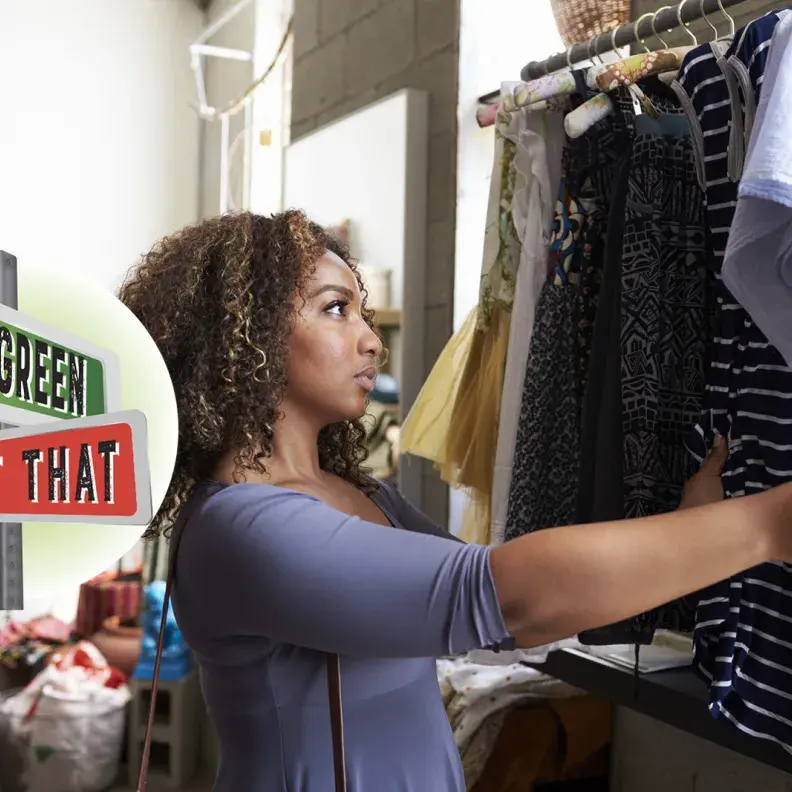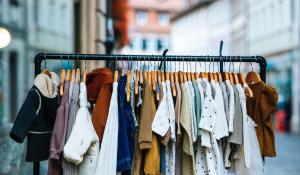No piece of clothing is worth harming our planet or someone’s health. We need to radically transform the way clothing is made and the way garment workers are treated.

We're starting with Carter’s children's clothing, which is a leader in the industry, but a laggard in ending toxic textiles.
Children are more susceptible to the health impacts of harmful chemical exposure. When comparing exposure to body weight, children take in more water, food and air per pound than adults, so air pollution, tainted resources, and exposure to toxic chemicals can cause more problems for children than adults. And, some of the most commonly used dyes are known carcinogens.
You made Carter's improve. Now more consumer pressure is needed!
When we launched the Toxic Textiles campaign in 2019, Carter’s shared very little information about its sustainability efforts publicly. Since then Carter’s has taken a number of steps:
- launching an environmental, social, and governance (ESG) website
- disclosing a restricted substances list (RSL)
- releasing a sustainability report
- adopting a manufacturing restricted substances list
This progress is thanks to the over 30,000 individuals who have called on Carter’s to step it up, but there is still a lot of room for improvement!
Campaign Goals:
Disclose Restricted Substances List (RSL)
Issue a sustainability report
🚧 In Progress: Disclose a Manufacturing Restricted Substances List (MRSL)
Phase out highly hazardous chemicals




